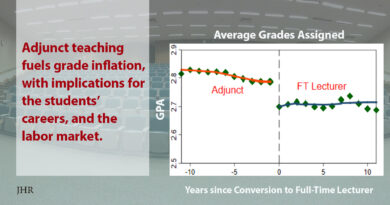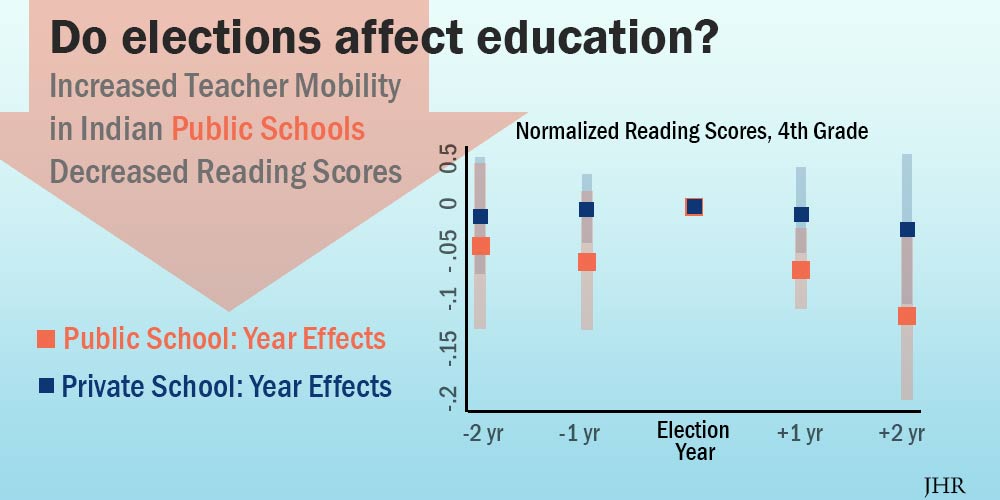Intergovernmental Grants to Local Communities—Gains Persist Years Later
Intergovernmental grants finance a substantial share of decentralized public service provision around the world, but we know little about the effects of additional funding on schooling, learning, and earnings of the local population. Irineu de Carvalho Filho and Stephan Litschig investigate the impacts of a temporary increase in block grants to local governments in Brazil in the early 1980s on development outcomes over the subsequent three decades.
We know little about the effects of these funding efforts and even less about long-run effects of additional transfers because it is difficult to find a convincing research design and follow-up data. De Carvalho Filho and Litschig employed a research design that exploits population-based cutoffs in the transfer allocation rule. This allowed them to compare local government units of similar size with substantially different levels of funding.
Extra funding translated into public spending increases on education, transportation, and housing and urban infrastructure of about 20 percent during the four-year-period from 1982 to the end of 1985. Importantly, the funding gap between treatment and comparison communities disappeared in 1986 and never reappeared.
They found that this temporary funding boost led to long-lasting schooling, literacy, and income gains in the communities that received extra funding, as well as gains in cognitive skills of children and youth born after the extra transfers had expired.
Available evidence suggests that the magnitude of the cognitive gains is plausibly accounted for by reduced class-size in primary school, intergenerational spillovers and household income gains. Together, these results provide the first evidence on how additional resource transfers to local governments can impact human development outcomes in a typical developing country setting in the long run. The estimated gains can provide a benchmark for what central government policy-makers can expect to achieve simply by lifting local government resource constraints.
Read the study in the Journal of Human Resources: “Long-Run Impacts of Intergovernmental Transfers,” by Irineu de Carvalho Filho and Stephan Litschig.
***
Irineu de Carvalho Filho is a Principal Economist at the Monetary Authority of Singapore. Stephan Litschig is Associate Professor at the National Graduate Institute for Policy Studies (GRIPS) in Tokyo.



